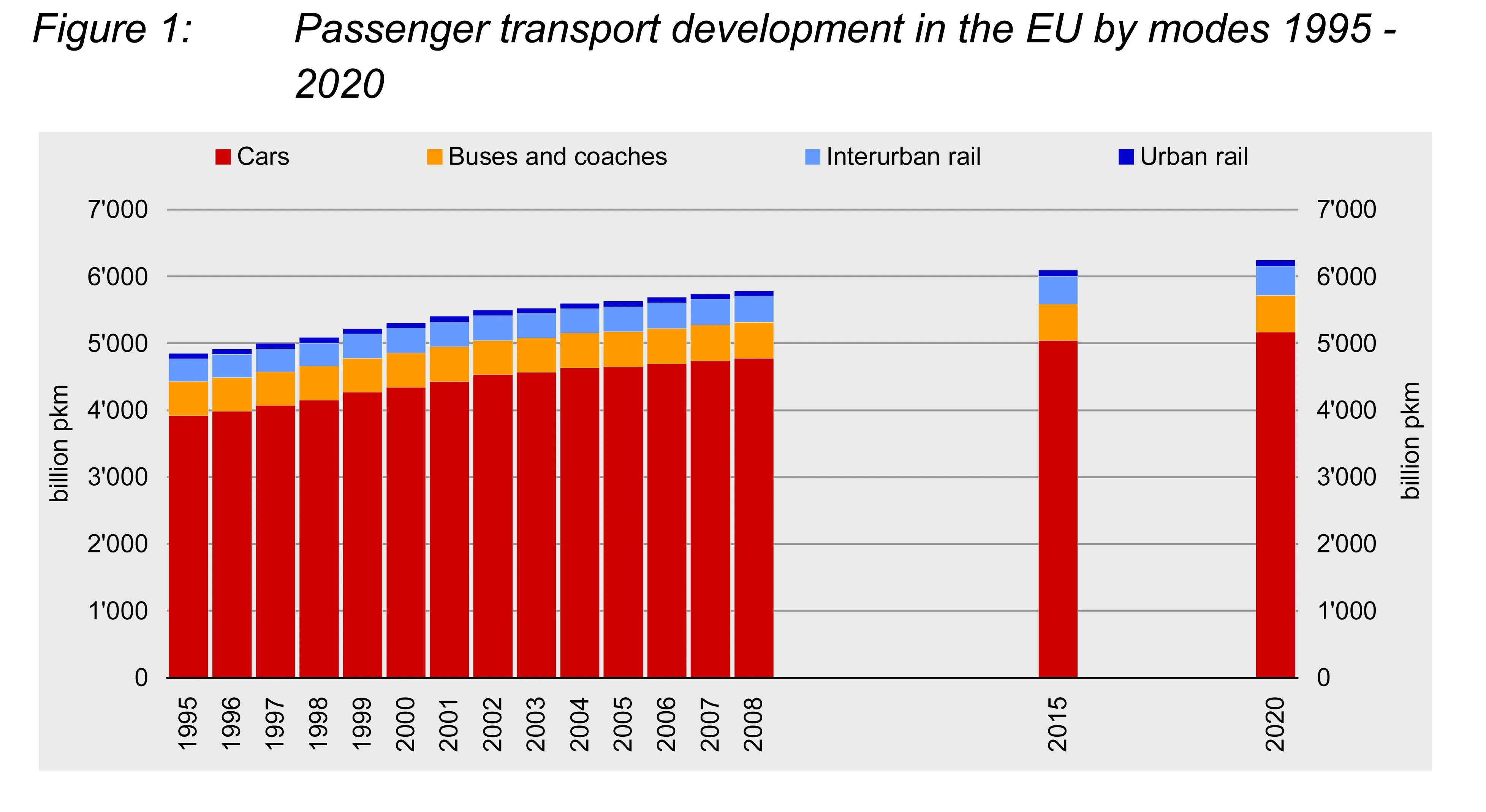Canada will be the bauma 2019 partner country. This is a significant agreement as Canada is the world’s seventh biggest construction machinery market. The construction and mining industries generate 15% of Canada’s gross domestic product. This has been agreed by Messe München and the Verband Deutscher Maschinen- und Anlagenbau (VDMA - German Engineering Federation).
Klaus Dittrich, Chairman and CEO of Messe München said, “In selecting Canada, we were not just selecting a very stable sales market but an
March 11, 2017
Read time: 2 mins
Canada will be the bauma 2019 partner country. This is a significant agreement as Canada is the world’s seventh biggest construction machinery market. The construction and mining industries generate 15% of Canada’s gross domestic product. This has been agreed by 3995 Messe München and the Verband Deutscher Maschinen- und Anlagenbau (1331 VDMA - German Engineering Federation).
Klaus Dittrich, Chairman and CEO of Messe München said, “In selecting Canada, we were not just selecting a very stable sales market but an attractive and dynamic one as well. I am certain that our exhibitors will find additional business openings here.” Johann Sailer, Chairman of the1188 Construction Equipment and Building Material Machinery Association within the VDMA and Chairman of the bauma exhibitors’ advisory board added: “Canada is one of the most important commodity-producing countries there is. In addition, CETA, the free trade agreement recently signed between the EU and Canada, will lend fresh impetus to bilateral trade. This is why we want to use bauma 2019 and the opportunities afforded by the partner country concept to bind our industries even closer together.”
According to estimates, Canada’s construction industry will grow by more than 3% annually to 2020. Major projects such as the Northern Ontario Ring of Fire and numerous building construction and civil engineering projects in the major cities.
Klaus Dittrich, Chairman and CEO of Messe München said, “In selecting Canada, we were not just selecting a very stable sales market but an attractive and dynamic one as well. I am certain that our exhibitors will find additional business openings here.” Johann Sailer, Chairman of the
According to estimates, Canada’s construction industry will grow by more than 3% annually to 2020. Major projects such as the Northern Ontario Ring of Fire and numerous building construction and civil engineering projects in the major cities.








